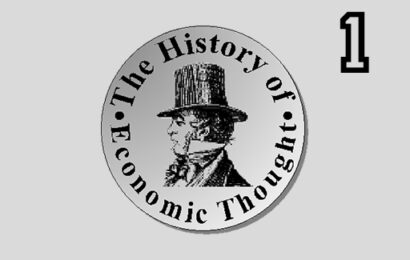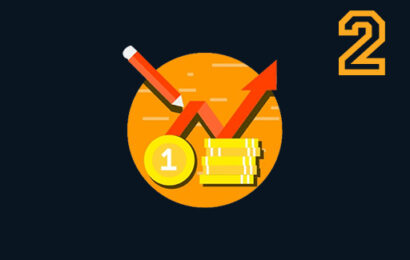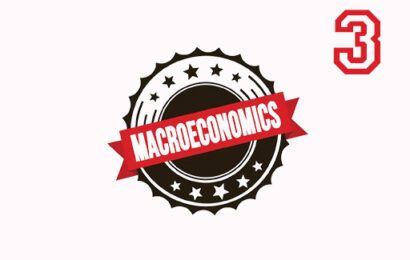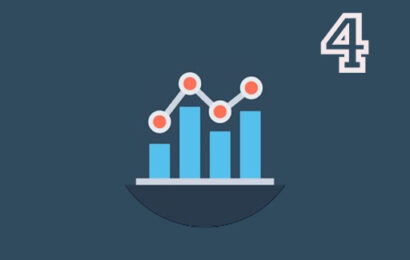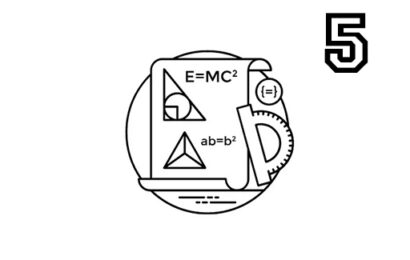Showing 1-16 of 16 results
History of Economic thought (HET)
The history of economic thought traces the evolution of ideas about production, consumption, and distribution of goods and services. Starting from ancient civilizations, where economic principles were based on ethical and philosophical reasoning, economic thought advanced through major schools of thought. In ancient Greece, philosophers like Aristotle examined the nature…
Micro Economics (MIC)
Microeconomics is a branch of economics that studies individual consumers, businesses, and markets, analyzing how they allocate resources and make decisions. Its roots trace back to classical economic theories developed by Adam Smith, David Ricardo, and John Stuart Mill, later refined by neoclassical economists like Alfred Marshall. The 20th century…
Macro Economics (MAC)
Macroeconomics, a key branch of economics, studies large-scale economic factors such as national income, inflation, unemployment, and monetary policies. Its origins trace back to the early 20th century, but it gained prominence during the Great Depression when John Maynard Keynes introduced his revolutionary ideas. Keynesian economics emphasized government intervention to…
Statistics and Econometrics (STA)
Statistics and econometrics are critical fields that blend mathematical methods and economic theory to analyze data, test hypotheses, and make predictions about economic phenomena. Historically, statistics began with the collection and analysis of data in ancient civilizations, but its modern form took shape in the 17th and 18th centuries with…
Mathematical Economics (MAT)
Mathematical economics applies mathematical methods to analyze economic theories, optimize decision-making, and predict market behaviors. Originating in the 19th century pioneers like Léon Walras and Vilfredo Pareto introduced mathematical rigor to economic analysis, laying the foundation for general equilibrium theory and utility maximization. The 20th century saw rapid advancements with…
International Economics (INT)
International economics explores how nations interact through trade, finance, and policy. Its history traces back to the mercantilist era, where wealth accumulation and trade surpluses were emphasized. The classical theories of Adam Smith and David Ricardo introduced the concepts of free trade and comparative advantage, shaping modern economic thought. During…
Public Economics (PUB)
Public Economics is a branch of economics that studies the role of government in the economy, focusing on policies related to taxation, government spending, and the allocation of resources. Its historical roots trace back to the works of classical economists like Adam Smith and John Stuart Mill, who examined the…
Monetary Economics (MON)
Monetary economics explores the role of money in the economy, focusing on the interactions between money, financial institutions, and economic activity. Historically, it traces its origins to classical economics and the works of economists like David Hume, who explored the quantity theory of money, and John Maynard Keynes, who revolutionized…
Growth & Development Economics (GDP)
Development economics is a field that examines the economic aspects of the development process in low-income countries. It has evolved over time, beginning with early thoughts on colonialism and poverty in the 18th and 19th centuries. Classical economists like Adam Smith and David Ricardo focused on trade and economic growth,…
Environmental Economics (ENV)
Environmental economics emerged as a distinct field in the 20th century, driven by growing concerns about environmental degradation and the limits of traditional economic models. Initially, economists assumed that nature’s resources were infinite, but the depletion of natural resources and the rising awareness of pollution highlighted the need for a…
Demographic Economics (DEM)
Demographic economics is an interdisciplinary field that merges the study of demographics (population trends and structures) with economic theory. Historically, the relationship between population growth and economic development has been explored from various perspectives. Early economic theorists, such as Malthus, posited that population growth could outstrip resources, leading to crises.…
Indian Economics (IND)
Indian economics has a rich historical context that blends traditional economic practices with colonial and post-colonial influences. Ancient Indian economic thought was grounded in texts like the Arthashastra, which advocated for state control of resources and emphasized trade, taxation, and fiscal policies. This tradition was deeply integrated with societal structures,…
Agricultural Economics (AGR)
Agricultural economics is the branch of economics that deals with the application of economic principles to the production, distribution, and consumption of agricultural goods and services. Its history dates back to the early 19th century, emerging as a distinct field with contributions from economists like David Ricardo and John Stuart…
Industrial Economics (IDL)
Industrial Economics is the study of firms, industries, and markets, focusing on their structure, behavior, and performance. The field evolved from traditional microeconomic theory, addressing the complexities of industrial production, competition, and market dynamics. Early contributions by economists such as Alfred Marshall and Adam Smith laid the groundwork for understanding…
Labour Economics (LAB)
Labour economics is a branch of economics that studies the functioning and dynamics of the labor market, focusing on the interaction between workers and employers. The history of labour economics traces its roots to the Industrial Revolution, where rapid industrialization led to a surge in factory-based work and the need…
Behavioural Economics (BEH)
Behavioral economics is a field that blends insights from psychology and economics to explain how individuals make decisions, often deviating from traditional rational models. Emerging in the mid-20th century, its foundations were laid by scholars like Herbert Simon, who introduced the concept of “bounded rationality,” and Daniel Kahneman and Amos…


